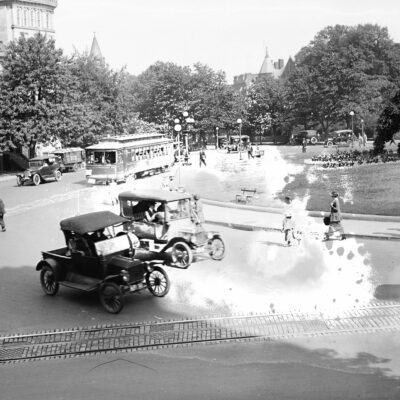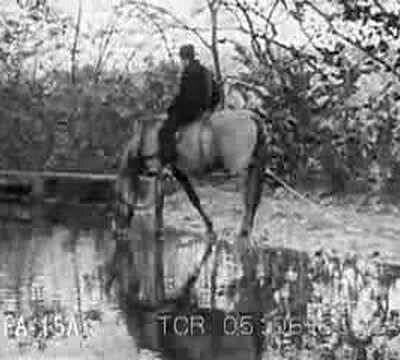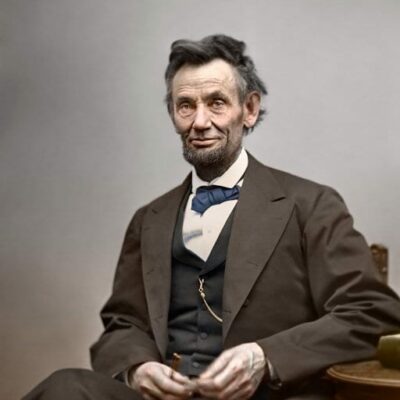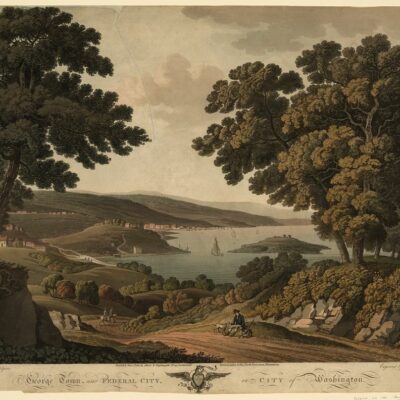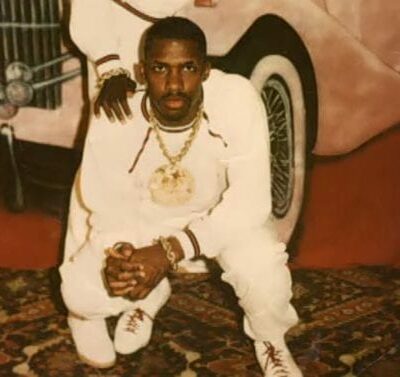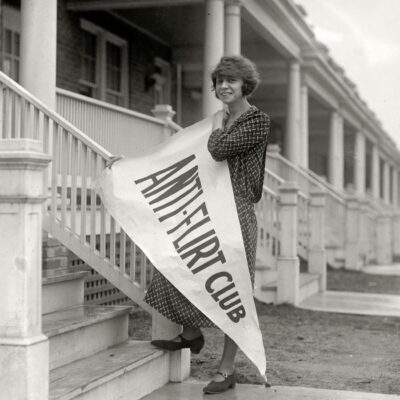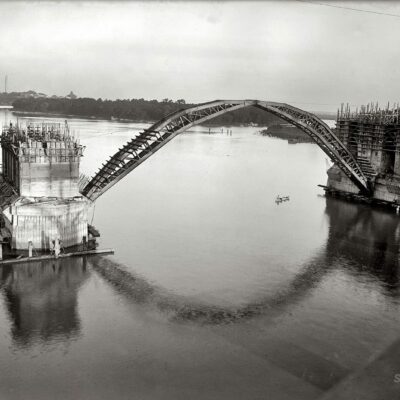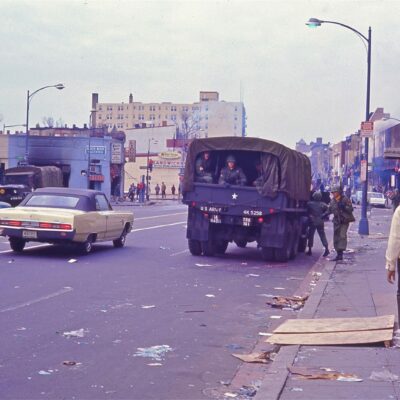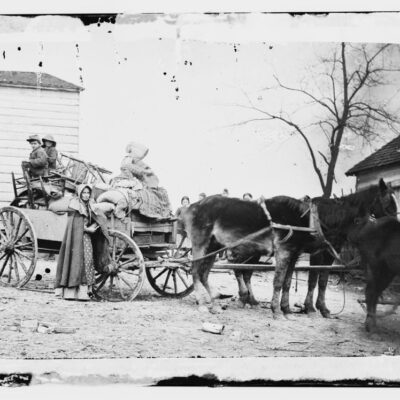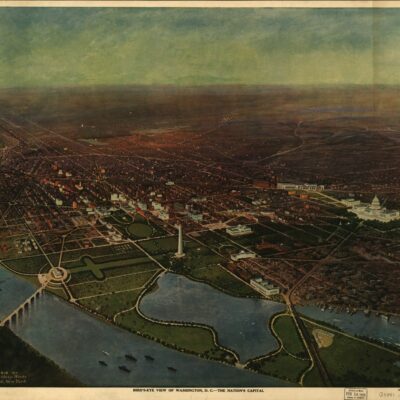By 1800, the City of Washington was ready – as ready as a hastily constructed city could be – to be occupied by the federal government. In Philadelphia on May 15th, President John Adams issued the order to begin removal of the federal government to Washington.
Adams stayed in the city for two more weeks while things were packed up and started his own journey to the new capital on May 27th. William Shaw, the nephew of his wife Abigail and the President’s personal secretary, accompanied him on the journey.
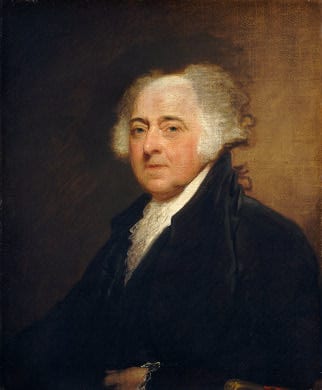
Deciding on the route
Adams and Shaw had only two routes to choose from: the eastern route through Wilmington, Baltimore and Bladensburg or the western route through Lancaster, York and Rockville. The President chose the latter, partly motivated by the superior roads as well as some political considerations.
It was an election year and he would be returning to his home in Massachusetts shortly using the Baltimore route. Thus, he would be able to hit two constituent groups in a short period of time.
The circuitous route through Pennsylvania on his way down to Washington would allow him to visit with people he would otherwise not be able to meet with (check out the contemporary walking directions on Google Maps … says you could walk this route in 2 days and 16 hours).
The western route was 198 miles and the roads were less than ideal by today’s standards. The cranky president was 65-years-old and this was a rough road to travel (at least by today’s standards), especially for an old guy.
Carriages of the day were able to cover an average of 25 miles each day, which meant Adams and Shaw had eight days of introspective monotony to look forward to, sitting in a bumpy carriage. The level of comfort was about a thousand notches below Air Force One or Marine One.
By the way, today, President Obama could be in Philadelphia in 20 minutes (although I don’t see why he’d want to go … kidding! Don’t be so sensitive, Phillies fans).
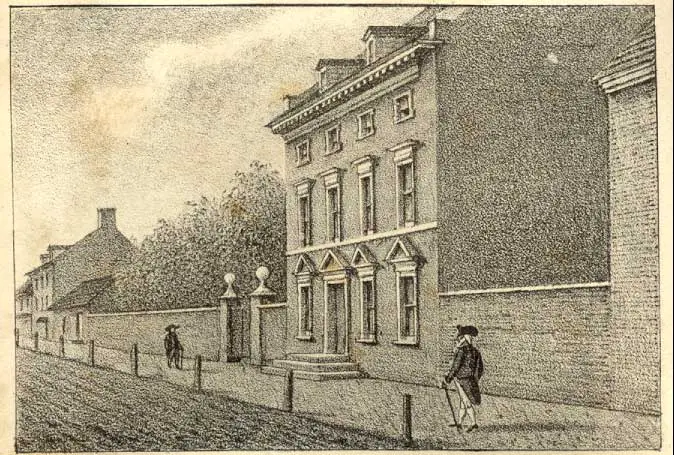
Sleeping in small towns
President Adams spent eight nights in small towns along the way, meeting with the locals (great campaign move). His first night was spent in Downingstown, a small village halfway between Philadelphia and Lancaster. The following day he arrived in Lancaster and spent the night there.
Unfortunately, I couldn’t find any historical accounts of his time in Dowingstown or Lancaster, which apparently was the same problem the Columbia Historical Society (Volume 3) had when researching the topic.
Lancaster was then the capital of the State of Pennsylvania, and the largest inland town in the Union; a heated campaign was in progress which was to determine whether he was to succeed himself in the Presidential office, or be succeeded by his political rival, Mr. Jefferson, and members of the Federalist party, of which Mr. Adams was the candidate, were numerous in Lancaster county; in fact, Mr. Adams in response to the address presented to him at York, his next stopping place, gratefully acknowledges courtesies extended to him by the people of Lancaster and York counties.
He was traveling through counties dominated by his political base and arrived in York the next day, Thursday, May 29th. A body of cavalry, commanded by a Lieutenant Fisher and Captain Gossler, greeted President Adams upon his arrival, not unlike the pomp and circumstance surrounding a contemporary presidential visit (just on a smaller, early 19th century scale).
The next day, he was ceremoniously escorted out of town by the two commanding officers from the previous day, accompanied by the cacophony of church bells signaling the momentous occasion and the grand honor bestowed upon the town of York.
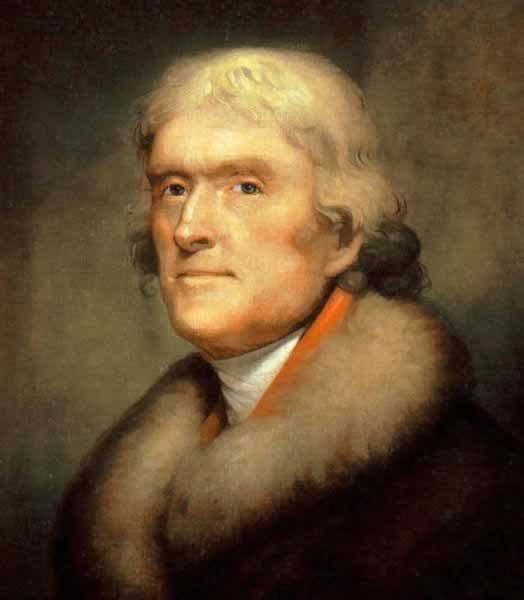
John Adams arrives in Frederick, Maryland
The traveling party reached the town of Frederick, Maryland in the evening of Saturday, May 31st. He was greeted near the Monocacy River, about three miles outside of the town by Doctor Tyler, ironically a Presidential elector who supported Jefferson and not Adams.
The following day, being a Sunday, saw the President and Shaw attend religious services at the Lutheran Church, conducted by Rev. Samuel Knox. The sermon focused on text from the book of Matthew: “Blessed are the peacemakers, for they shall be called the children of God.” This was particularly poignant, with the ongoing negotiations with France to settle the Quasi-War (we had been skirmishing with them in the Caribbean for nearly two years).
They set out from Frederick with the destination of Georgetown, their first stop across the District line. A meeting of prominent Georgetown residents was held upon hearing of the near arrival. The following was resolved unanimously by the meeting:
That an address on the part of this town be presented to the President of the United States upon his arrival here, welcoming him to the banks of the Potomak [sic], and expressing the high respect entertained by the citizens for his character, and their gratitude for his high and distinguished services to the country.
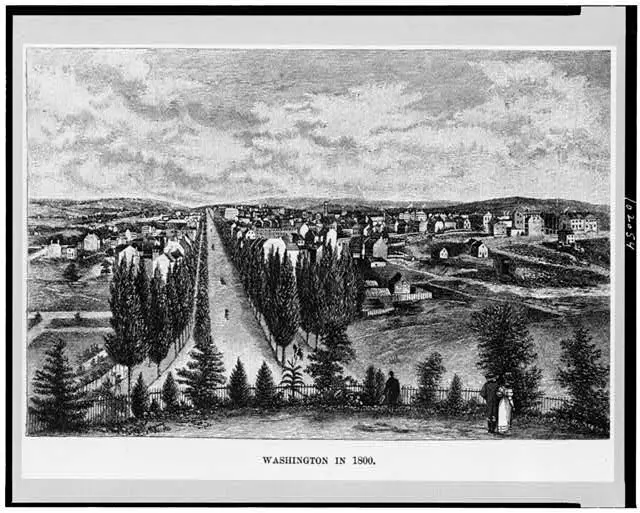
Arriving in Washington, DC
Adams arrived at the boundary line of the District on Tuesday, June 3rd, where he was met by a large contingent of citizens on horseback. The greeting party escorted the President and his companion to Union Tavern. The military, stationed in the city of Washington demonstrated respect for the President’s arrival with a formal sixteen discharges of musketry and artillery.
There, he was presented with the town’s agreed upon formal address:
Whether we regard your signal services in the hour of our country’s difficulty, or your diplomatic exertions in the conclusion of peace, when national rights of the highest import were put in peril—whether we view your firmness in repelling foreign aggression, or your sincerity in the pursuit of peace, when compatible with honor, we find abundant cause for admiration and should commit violence to our feelings were we to suppress the emotions of respect and affection which your presence excites.
In every situation to which you have been called by the public voice, we recognize with delight your unvarying devotion to the public good conspicuously manifested in your discharge of the duties of the high station you now fill.
…
Yourself sharing in the general felicity, to the preservation of which your care and toil chiefly contribute, will like your august and revered predecessor enjoy the most precious reward which freemen can bestow, the lasting attachment of a grateful and happy people.
-ad 611-
This is quite an honor to say the least and Adams obviously agreed. His response the following day was brief.
I receive with much esteem, affection and gratitude this obliging address. The approbation you have the goodness to express is both a reward and an encouragement. I congratulate you, gentlemen, on the translation of the Government to the city so near you. As the country between the former seat and the present is beautiful and fertile in a high degree, I hope all the reluctance which remained against the change will soon be removed, and the virtues and talents of the United States may here be displayed forever, for the preservation and protection of our country.
-ad 618-JOHN ADAMS
Union tavern, Georgetown, June 4, 1800
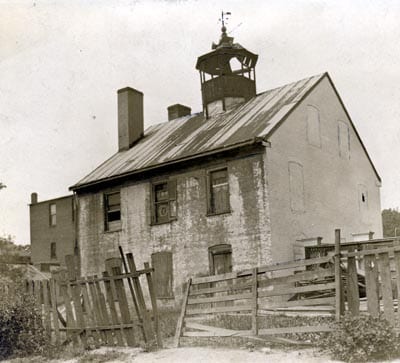
On June 5th, he made his was into Washington City and proceeded to Tunnicliff’s Hotel, where he stayed until the completion of the arrival of the entire government in the city. He was a celebrated man in the District and the honor of his attendance at events was highly sought after.
Georgetown banquet in President Adams’ honor
That Friday, June 6th, he attended a festive banquet held by the grateful citizens of Georgetown at McLaughlin’s City Tavern. It was a large and exceedingly celebratory crowd, thrilled to finally have the arrival of the government in their city.
The local Georgetown paper, Centinel of Liberty, reported that seventeen regular toasts were given in the President’s honor and two voluntary toasts were drunk. The following humorous comment was published in the Records of the Columbia Historical Society about the event:
…if there was on the part of those assembled to do honor to the President, but a moderate indulgence, in the case of each toast, in the liquors used on such occasions in those early days, it is doubtful, from the numerous repetitions which were necessary, whether any one of those individuals found himself ultimately in what Gouverneur [sic] Morris in one of his letters to Alexander Hamilton humorously adverts to as: the awkward situation of the man who continues sober after the rest of the company are drunk.
Oh, to be a fly on the wall in that room. I suspect this was a ridiculously fun banquet, of which to be a part. Below are the toasts, in chronological order.
1. “The United States.”
2. “Public Gratitude—May it ever be the reward of the firm and distinguished patriots.”
3. “Congress—May there be no competition among the members, except that which will prompt them how they shall best promote the prosperity of their country.”
4. “The State of Maryland.”
5. “The State of Massachusetts—Our elder sister in the cause of freedom—May she continue to be the nurse of Patriots and Heroes.”
6. “The City of Washington—May the virtues and talents of the United States be there forever displayed for the preservation and protection of our country.”
The sixth toast was taken from the President’s reply to the official address given to him upon his arrival. Also, by this time, I’m guessing most of the attendees are beginning to feel the effects of the liquor … and only 13 more toasts to go!
7. “The memory of our late departed friend, George Washington—May the citizens of America ever keep in view his last political advice.”
8. “May the spirit that achieved our independence watch over and perpetuate our present Constitution and Government of the United States.”
9. “The Rights of Hospitality—May they exclusively be conferred on the virtuous stranger who visits our country with honest intentions.”
10. “To all nations at war, peace, and to all nations at peace, prosperity.”
11. “Our treaties with foreign powers—May they be observed in good faith and vindicated with firmness.”
12. “Public Spirit—While it rouses us against foreign hostility, may it secure us against foreign intrigue.”
13. “The triumph of religion and order over infidelity and confusion.”
14. “The Navy and the Army of the United States.”
15. “May the zeal, promptitude and discipline of the militia supercede if possible the necessity of regulars.”
16. “The Agriculture, Commerce and Manufactures of the United States.”
17. “The fair daughters of America—May their smiles excited deeds off worth and reward them.”
By the President: “Georgetown—May its prosperity equal the ardent enterprise of its inhabitants, and the felicity of their situation.”
After the President retired: “John Adams—The early, the uniform, the steady and unshaken friend of his country.”
Having spent a grueling eight days on the road, in addition to consecutive nights full of revelry and liquor, it was fortuitous that the citizens of Washington spared the President of yet another booze-filled evening at a complimentary banquet.
President Adams visits Martha Washington
The President rested for 10 days before heading down to Mt. Vernon and paid his respected to the recent widow, Martha Washington. From there, he headed back north to Alexandria for yet another celebration, a military parade down King street, 16-gun salute followed by another large banquet at Gadsby’s Hotel.
Secretary of State John Marshall, Attorney General Charles Lee, and prominent citizens of Alexandria attended the dinner in honor of the President. This time, only 16 toasts were offered, capped off with a final one by Adams:
“Alexandria—May it become intimate in commerce with its namesake in Egypt.”
He left early in the evening for a stop back in Washington before heading up to his home in Massachusetts for a visit.
President Adams returned to Washington on November 1st and occupied the President’s Palace (i.e., the White House). By the December of that year, the move was complete. The federal government was planted in Washington for good.
Sadly, John Adams would be making the long journey home to Massachusetts within a matter of months after losing the election to his friend Thomas Jefferson.
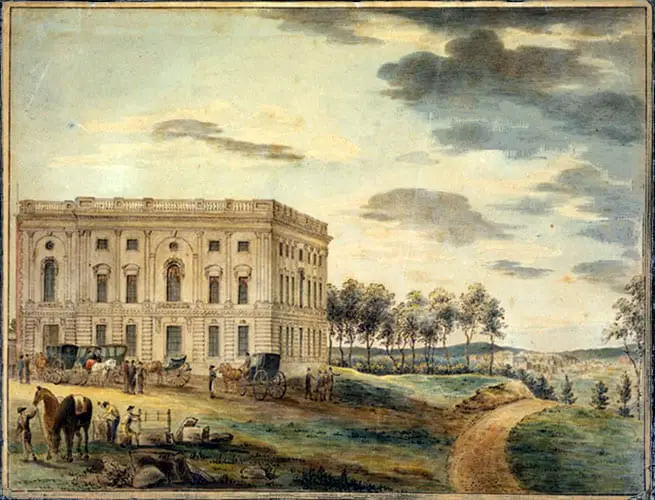
UPDATE: Here’s a lovely view of Georgetown as painted in 1801.
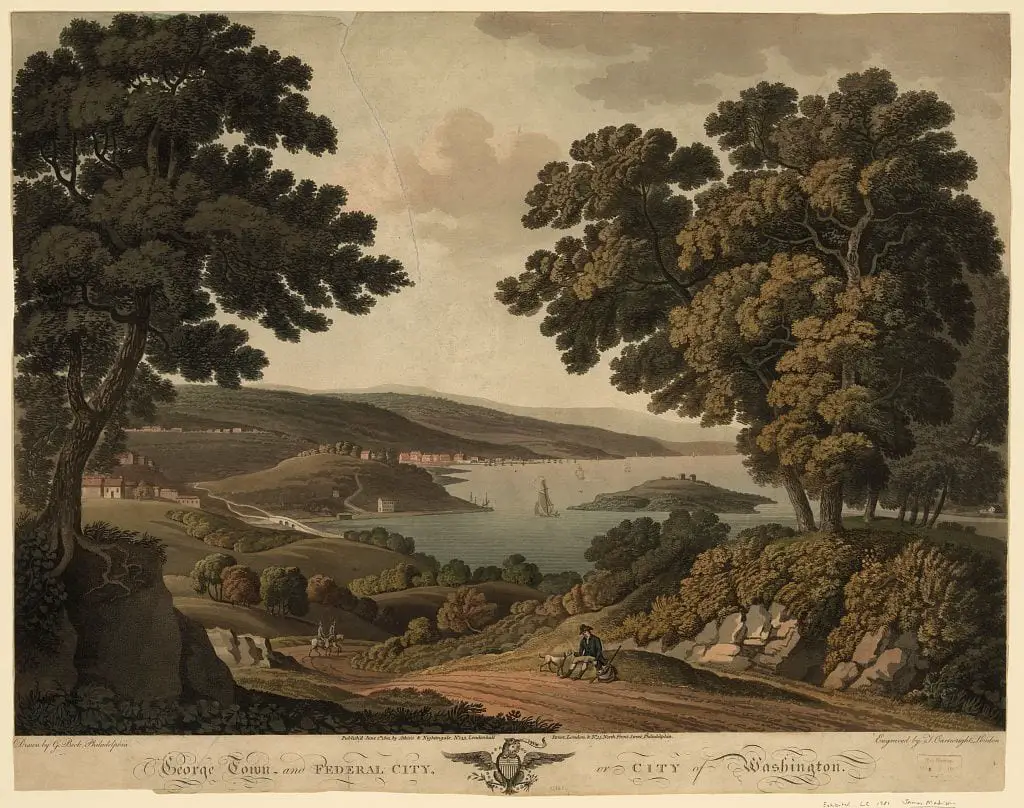
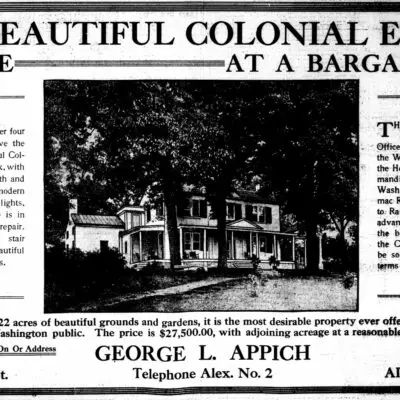
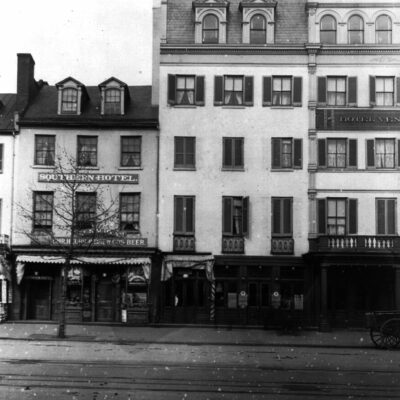
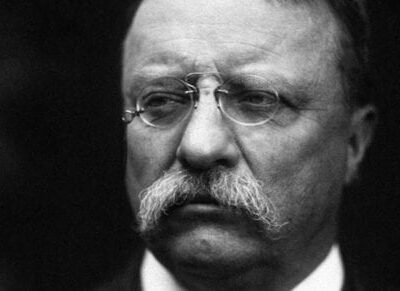
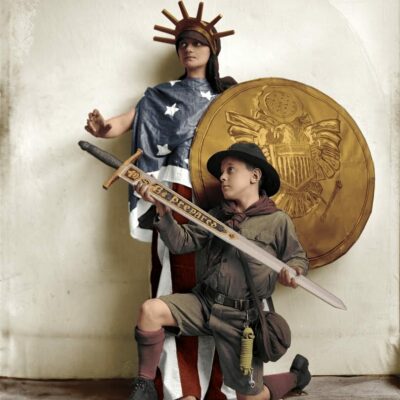
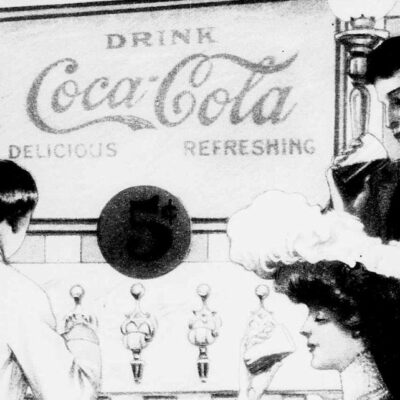
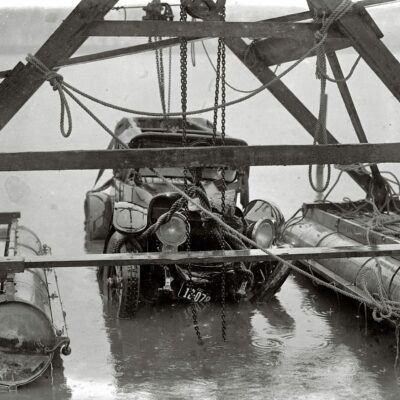
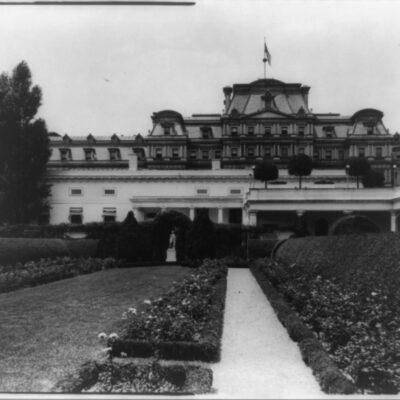
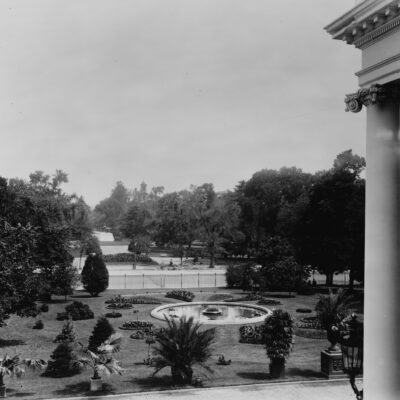
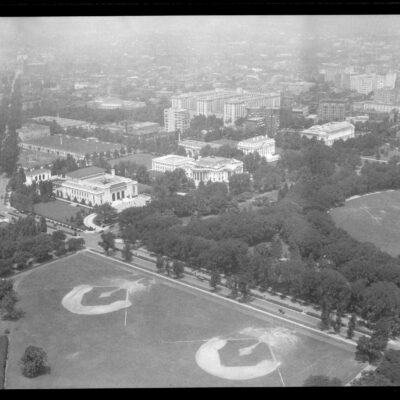
![Civil Rights March on Washington, D.C. [Leaders of the march], 08/28/1963](https://ghostsofdc.org/wp-content/uploads/sites/7/2013/12/5658801324_84cf90464f_o-400x400.gif)
